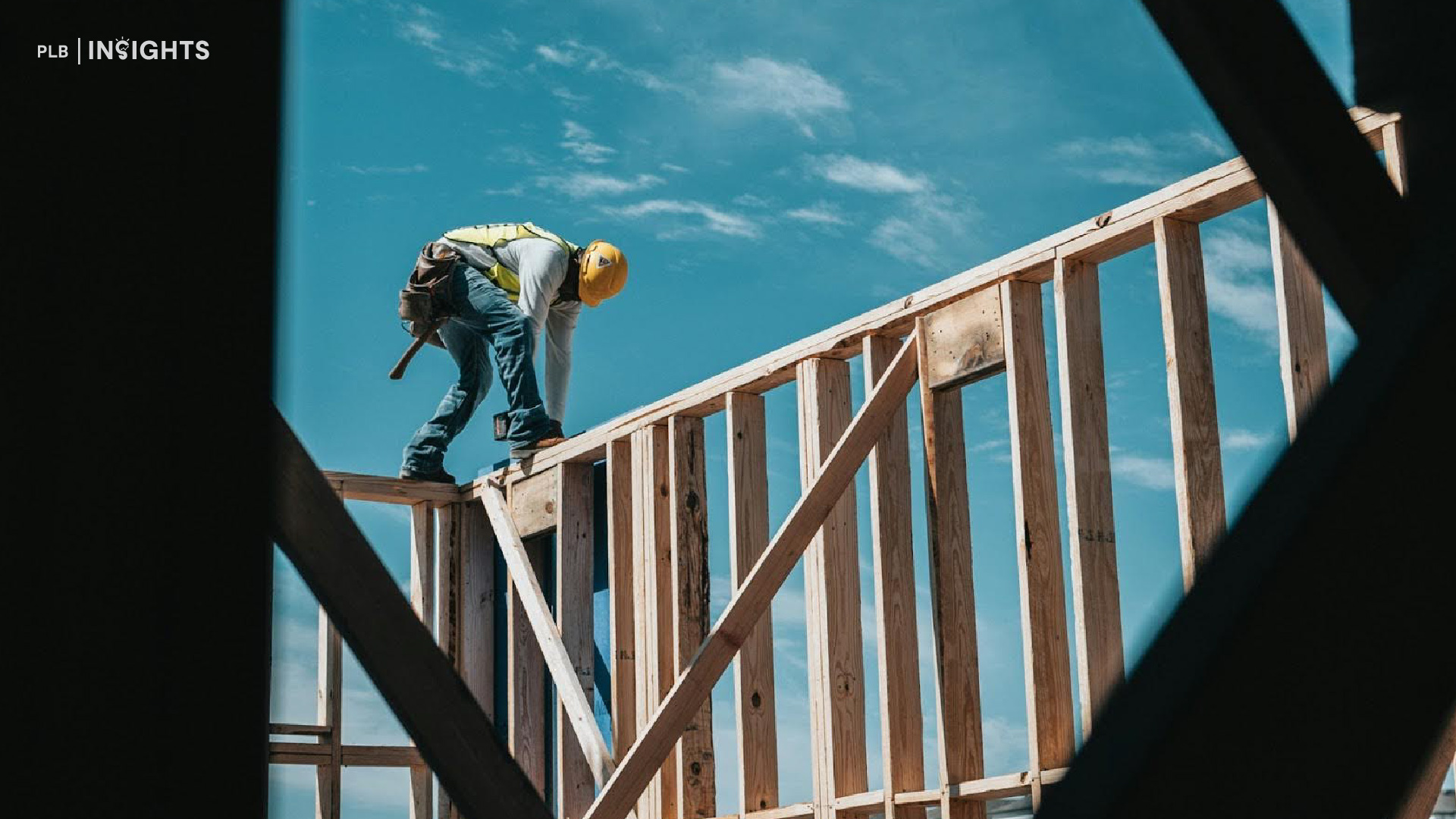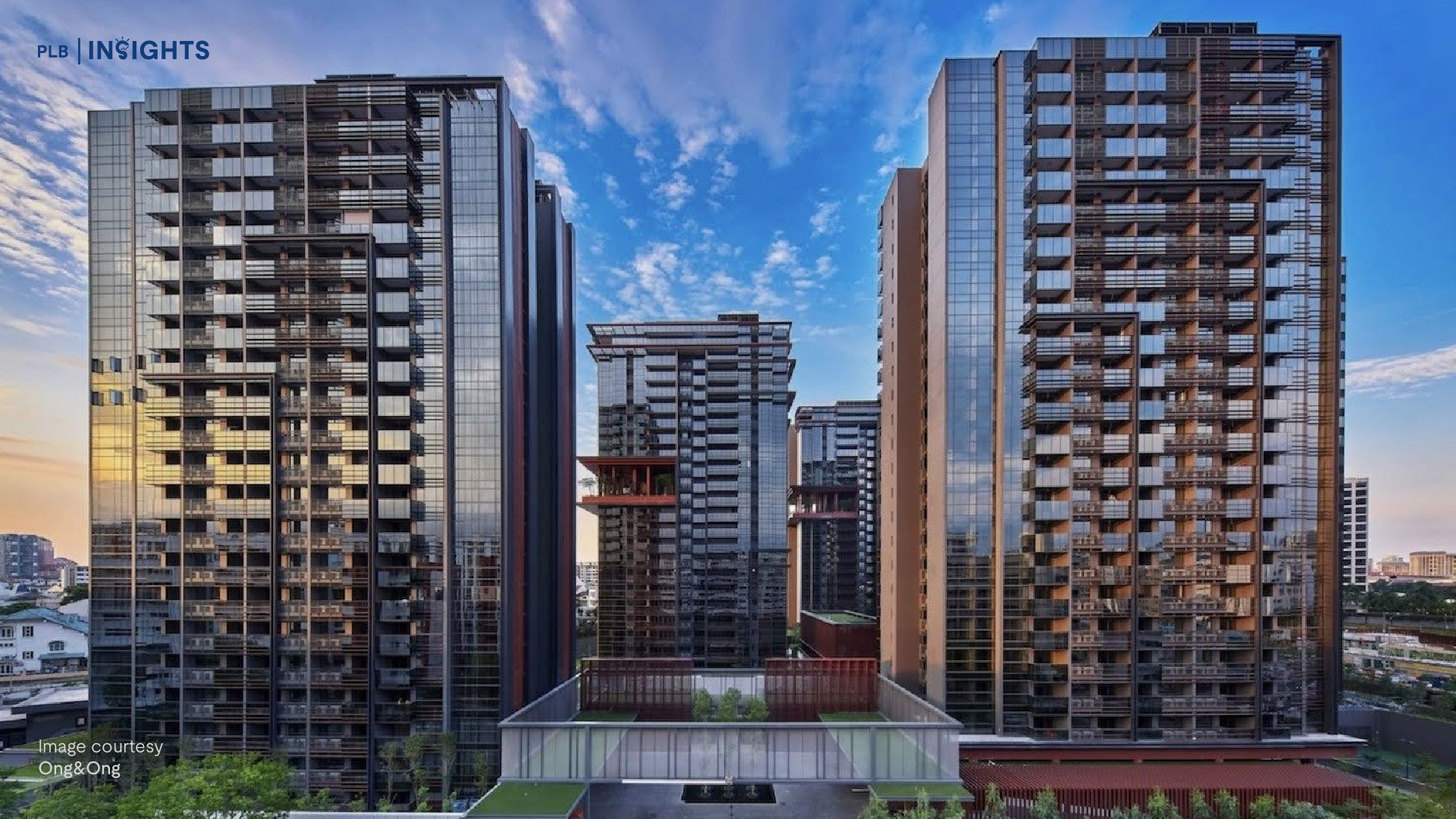
Since the Covid-19 pandemic, property prices in Singapore have soared to unprecedented heights, raising concerns about a potential housing bubble. This surge isn’t limited to property prices alone, it also encompasses rental rates, which have similarly experienced a significant increase. The pandemic-induced halt in construction has resulted in a shortage of new housing supply. Moreover, the increasing prevalence of remote work has driven demand for temporary housing solutions, both as workspaces and as interim residences while awaiting completion of new homes. As a response to the skyrocketing property prices, the government has implemented several stringent housing measures to curb speculation and ensure market stability.
After nearly four years since the pandemic began, property prices and rental rates, whether for private residences or Housing Development Board (HDB) flats, appear to be stabilising. In 2023, rental rates for private residences remained unchanged for about eight months, starting from April. Similarly, rental rates for HDB flats remained steady from August to October 2023.
This raises an important question: Will rental prices continue to decline and return to their pre-Covid levels? This article seeks to analyse the trend in rental rates over the past few years and offer a calculated prediction regarding the future trajectory of rental rates in 2024 and beyond.
Reasons For Rental Rates Stabilisation
Private Residences
The stabilisation of the rental rates across private residences and HDB flats can be attributed to the increase in housing supply. From 2022 to 2023, there were more than 28,000 units of private residences that were completed, excluding Executive Condominiums (ECs). The availability of more housing supply has given tenants more options to choose from, increasing their bargaining power in terms of rental negotiations, resulting in landlords having to accept lower rents than desired.
Moreover, many local tenants who turned to renting at the start of the pandemic because of work-from-home setups or construction delays are now transitioning into their own homes as these constructions are completed. Consequently, there has been a notable decrease in local rental demand, leading to a 2.4% rise in vacancy rates for private residences from the first to the third quarter of 2023.
More new private residential properties are on the horizon, with approximately 10,000 new homes, excluding Executive Condominiums, projected to be finished in 2024. As this fresh supply of housing keeps growing, local tenant demand is anticipated to keep decreasing. With fewer tenants vying for rentals, those still in the market will find themselves with a wider selection of options, giving them more leverage in rent negotiations. Consequently, landlords might find themselves compelled to lower their rental rates due to the reduced demand from tenants.

HDB Flats


In 2022 alone, HDB rental rates surged by an astonishing 28.5%. In 2022, 31,325 units reached their MOP, followed by 15,748 units in 2023. In 2024, this figure is expected to drop to 13,093 units, indicating a 16.86% decrease compared to the previous year.
At first glance, the projected rental rates for HDB flats in 2024 might seem paradoxical. However, the decrease in the number of HDB flats reaching their Minimum Occupation Period (MOP) is linked to their prediction of rental rates stabilising. Some might question why this is the case, assuming that a decrease in available HDB flats would lead to lower supply and thus higher rents. The explanation lies in the anticipated drop in rental demand for 2024, projected to range between 33,000 to 35,000 units, down from 36,000 to 38,000 units in 2023. This decrease could potentially give tenants more leverage to negotiate lower rents.
The anticipated decrease in rental demand for HDB units may also stem from tenants shifting their attention towards renting private residences, given the stabilisation of rental rates in that sector. Additionally, the projected decline in rental demand for HDB flats could be influenced by a late announcement last year from HDB and the Urban Redevelopment Authority (URA), which raised the occupancy cap for larger HDB flats and private residences.
This increase in occupancy cap is a temporary measure aimed at easing the growing demand for rentals. It will be in effect from 22 January 2024 to 31 December 2026. Under this new regulation, eligible properties include HDB flats with four rooms or more and living spaces in similarly sized HDB commercial properties. Additionally, the policy applies to larger private residential properties, specifically those with at least 90 square metres of space.
Prediction For Rental Rates In 2024
Rental rates are anticipated to face ongoing downward pressure, though predicting the extent of the decline is challenging due to market uncertainty. While the rental market is showing signs of transitioning away from favouring tenants, significant reductions in rental rates are not expected.
The moderation in rental rates will depend largely on the unique attributes and location of each property project. For example, rental rates for private residences in the Core Central Region (CCR) may experience a milder decline compared to those in the Rest of Central Region (RCR) or Outside Central Region (OCR). This is partly due to the high Additional Buyer’s Stamp Duty rate of 60%, which compels expatriates to rent rather than buy properties, thus keeping rental rates in the CCR elevated.
Singapore’s appeal as a destination for expatriates, supported by its strong economy, safety, and labour conditions, ensures continued high demand for housing, including rentals. We’ve previously explored the effects of rising rental rates on expatriates, you can read more about it here. In summary, while rental rates are expected to stabilise this year, they are unlikely to return to pre-Covid levels. Rental rates may still experience growth in 2024, albeit at a more modest pace compared to the sharp increases seen in 2022.

Closing Thoughts
In conclusion, the rental market in Singapore is poised for changes in 2024. The surge in property prices and rental rates since the onset of the Covid-19 pandemic has raised concerns about market stability and affordability. However, there are signs of stabilisation as rental rates for both private residences and HDB flats begin to plateau.
While rental rates are expected to face downward pressure in 2024, the extent of the decline remains uncertain due to market dynamics. Factors such as property location and government policies, such as the Additional Buyer’s Stamp Duty rate, will influence rental rate trends, particularly in areas popular among expatriates.
Overall, while the rental market may stabilise in 2024, it is unlikely to return to pre-Covid levels. Rental rates may continue to grow, albeit at a more moderate pace compared to previous years. As Singapore remains an attractive destination for expatriates, demand for housing, including rentals, is expected to remain strong in the foreseeable future.
If you are looking for guidance in your real estate journey, feel free to reach out to us here. We will be glad to guide you through the process and offer a tailored consultation to help you reach an informed decision.
Disclaimer: Information provided on this website is general in nature and does not constitute financial advice or any buy or sell recommendations.
PropertyLimBrothers will endeavour to update the website as needed. However, information may change without notice and we do not guarantee the accuracy of information on the website, including information provided by third parties, at any particular time. Whilst every effort has been made to ensure that the information provided is accurate, individuals must not rely on this information to make a financial or investment decision. Before making any decision, we recommend you consult a financial planner or your bank to take into account your particular financial situation and individual needs. PropertyLimBrothers does not give any warranty as to the accuracy, reliability or completeness of information which is contained in this website. Except insofar as any liability under statute cannot be excluded, PropertyLimBrothers, its employees do not accept any liability for any error or omission on this web site or for any resulting loss or damage suffered by the recipient or any other person.







